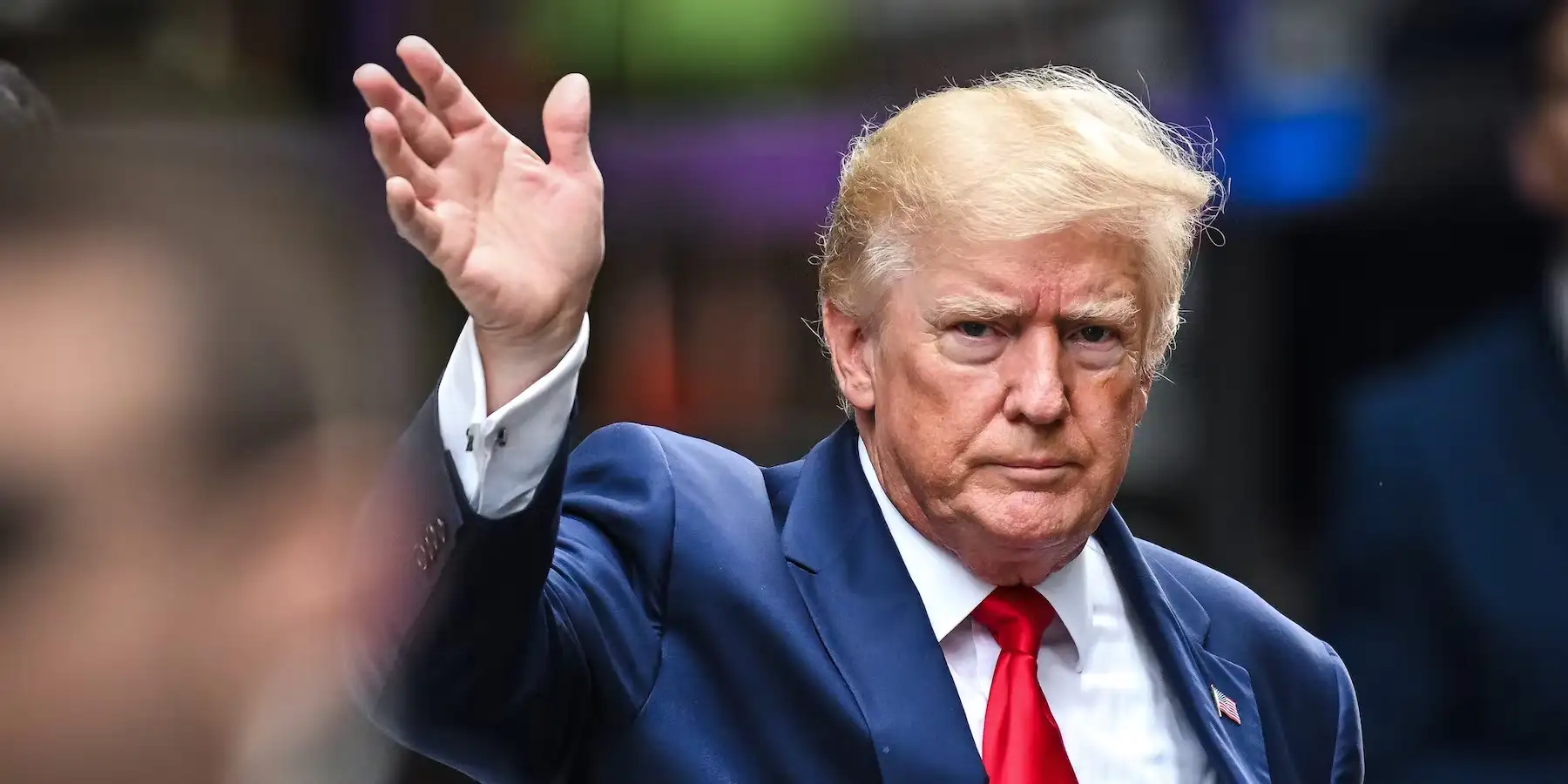Political leaders play a crucial role in shaping the destiny of nations. They are tasked with making important decisions, formulating policies, and representing the interests of their constituents. However, the job of a political leader is not without its challenges. In today’s ever-changing and complex world, political leaders face numerous obstacles that require careful consideration and adept handling. This article explores the key challenges political leaders face in the present era and the evolving political landscape.
Polarization And Divisiveness
One of the foremost challenges facing political leaders today is the increasing polarization and divisiveness within societies. Social media and 24/7 news cycles have amplified political differences and fueled public discourse characterized by hostility and mistrust.
Political leaders must find ways to bridge these divides and foster unity to govern and address pressing issues effectively. Building consensus, promoting dialogue, and focusing on shared goals are essential strategies to overcome this challenge.
Economic Uncertainty
Another significant challenge for political leaders is navigating economic uncertainty. Globalization, technological advancements, and shifting demographics have led to a rapidly changing economic landscape.
Leaders must grapple with issues such as income inequality, job displacement due to automation, and the impact of trade policies on domestic industries.
Developing strategies that promote inclusive growth, invest in education and retraining, and foster innovation, are crucial for economic stability and prosperity.
Climate Change And Environmental Sustainability
In recent years, the urgent issue of climate change has gained prominence. Political leaders face the challenge of formulating and implementing effective policies to mitigate the impacts of climate change, reduce carbon emissions, and transition towards sustainable energy sources.
Balancing economic growth with environmental conservation requires visionary leadership, international cooperation, and a commitment to long-term sustainability.
Public Health Crises
The COVID-19 pandemic has underscored the critical role of political leaders in managing public health crises. The challenges of combating infectious diseases, ensuring access to healthcare, and implementing effective vaccination campaigns require swift and decisive action.
Political leaders must prioritize public health, collaborate with healthcare professionals, and communicate transparently to instill public confidence and protect lives.
Technological Advancements And Cybersecurity
Rapid advancements in technology have brought unprecedented opportunities but also new challenges. Political leaders must navigate the complexities of cybersecurity, data privacy, and the ethical implications of emerging technologies.
Ensuring the safety and security of critical infrastructure, protecting citizens’ privacy, and regulating emerging technologies such as artificial intelligence and autonomous vehicles are vital responsibilities of modern political leaders.
Disinformation And Fake News
The proliferation of disinformation and fake news presents a significant challenge for political leaders. In the era of social media, false narratives can spread rapidly, undermining public trust and distorting political discourse.
Leaders must combat misinformation, promote media literacy, and strengthen fact-checking mechanisms to ensure an informed electorate and safeguard the integrity of democratic processes.
Changing Political Structures And Idealogies
Political leaders today are also confronted with the rise of new politics in the political landscape. Populist movements, grassroots activism, and demands for greater representation and inclusivity challenge traditional political structures and ideologies.
Political leaders must adapt to these changing dynamics by engaging with diverse perspectives, addressing systemic inequalities, and fostering participatory decision-making processes. Embracing transparency, accountability, and responsiveness to citizens’ needs is crucial in building trust and restoring faith in democratic institutions.
Adapting to the changing landscape of new politics requires leaders to be open-minded, accessible, and receptive to the aspirations and concerns of their constituents.
Conclusion
Political leaders today face many challenges that require adaptability, foresight, and effective decision-making. With a political landscape that is evolving, the responsibilities are vast. By promoting unity, fostering innovation, prioritizing public health, embracing sustainability, and safeguarding democracy, political leaders can tackle these challenges and pave the way for a brighter future. Effective leadership and collaboration are essential to overcoming these obstacles and building inclusive, resilient, and prosperous societies for all.















